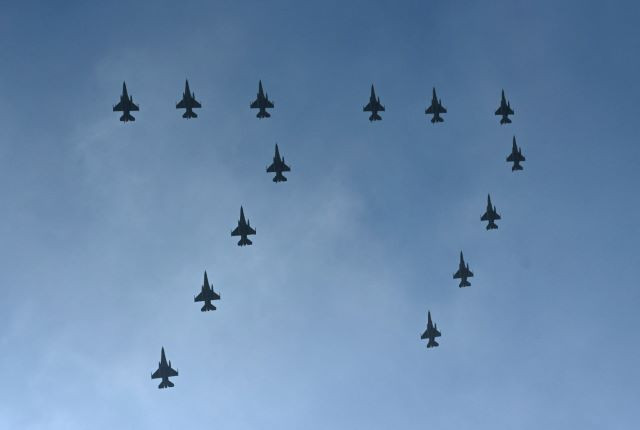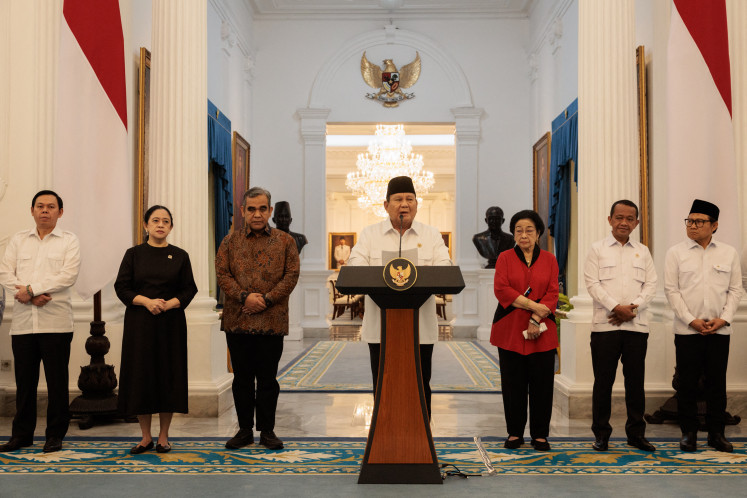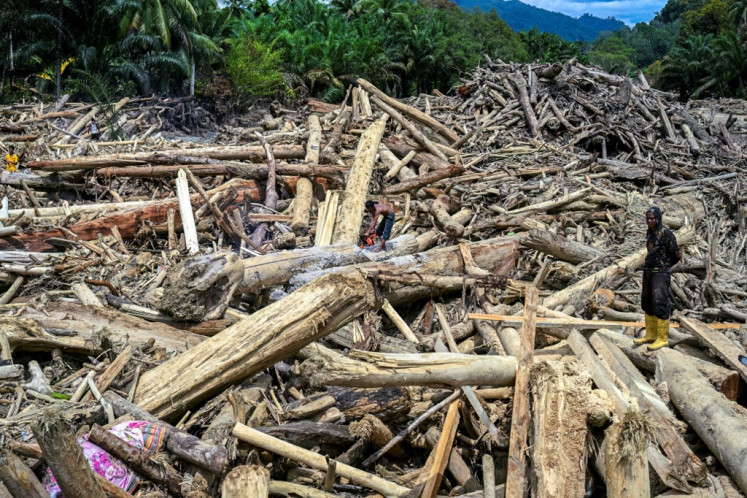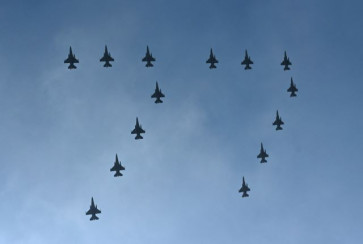Popular Reads
Top Results
Can't find what you're looking for?
View all search resultsPopular Reads
Top Results
Can't find what you're looking for?
View all search resultsNational airspace management bill, does it answer the challenges?
Stipulating clear territorial boundaries between air and outer space may result in the inability of states to anticipate territorial intrusions beyond the demarcated vertical line.
Change text size
Gift Premium Articles
to Anyone
W
hen we commemorated Heroes Day on Nov. 10, we recalled our forefathers who sacrificed their lives for Indonesia’s independence. Fighting for independence at that time involved land and sea theaters.
The world has changed so rapidly that currently both airspace and outer space play an essential role in determining sovereignty. Since enacting the Outer Space Law in 2013, Indonesia has been looking forward controlling its own national airspace.
Such a bid comes as no surprise as control of airspace is deemed essential to humanity. The ongoing Russia-Ukraine and Israel-Hamas conflicts have clearly demonstrated the importance of airspace in defending humanity.
The Chicago Convention of 1944 as the Magna Carta of air law stipulates that a state has complete and exclusive sovereignty over its airspace. Although international law ensures a state’s sovereignty over its airspace, it does not make clear the boundaries where this airspace ends, vertically speaking.
An international effort led by the United Nations Committee on the Peaceful Uses of Outer Space (UNCOPUOS) has been under way since 1967 to clarify the exact boundaries between air and outer space. However, none of these efforts have resulted in clear boundaries, formalized under a treaty.
Last September, the government and the House of Representatives agreed to prioritize enacting 47 laws under the 2024 National Legislation Priority Program. The priority list includes the national airspace management bill, which is designed to clarify airspace zones, airspace management and law enforcement mechanisms.
The first issue that must be handled with care is Indonesia’s airspace boundaries. Such provisions are expected to be set out under the future national airspace management law. The draft takes a spatial approach in determining the vertical boundaries of Indonesia’s airspace. A spatial approach allows states to regulate their boundaries based on geographical characteristics.



















